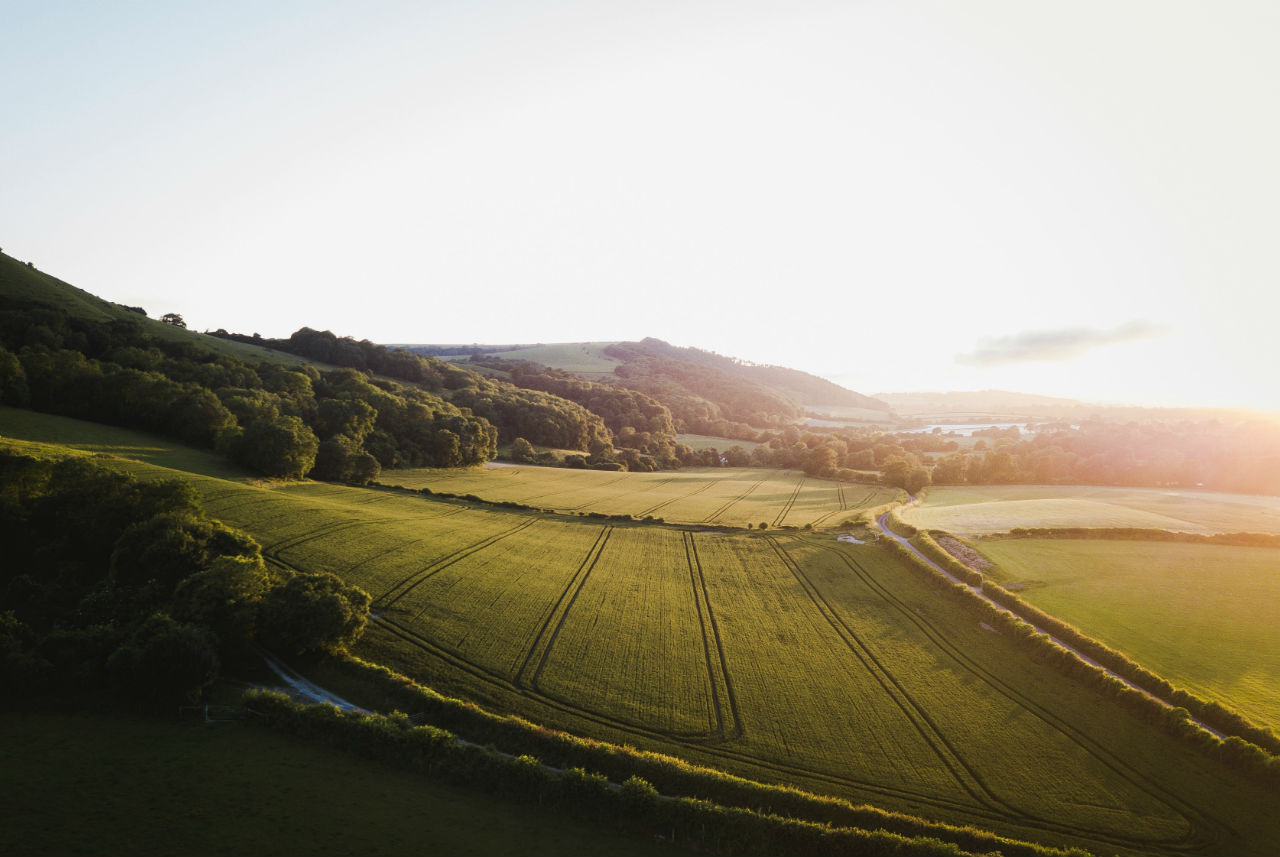
- By Content Coms
- In Thinking, Useful Stuff
Content Coms viewpoint: Valuing what comes naturally
According to Energy Live News, a recent report from the Office for National Statistics (ONS) suggests in 2016, UK natural features such as nature, landscapes, mountains and waterways, coupled with the services and benefits they provide, were worth a total of £951 billion.
Yes, that’s £951 billion. The paper is available in its entirety here. It’s packed with gems; in 2018, coal production was at an all-time low, 16 times less than in 1998. Elsewhere, the cooling shade of trees and water saved the UK £248 million by maintaining productivity and lowering air conditioning costs on hot days in 2017.
There’s more; models suggest 1,238 years of life were saved through vegetation removing air pollution in 2017. Renewable energy generation grew from 5% of all electricity generation in 2008 to 35% in 2018.
Insight to futurism
Overarchingly, the paper aims to help us think logically about how to measure aspects of the natural world and their impact upon people. Natural capital assets are things that persist long-term, such as mountains or a fish population.
From these assets, people receive a flow of services, such as mountain hikes or fish captured for consumption. We can value the benefit to society of those services by estimating what the hikers spent to enable them to walk over the mountain or any profit from bringing the fish into the market.
“These new figures are very interesting – and much welcomed by me,” comments Joanna Watchman, Founder and CEO, Content Coms. “That’s because they are about understanding the deep rooted connection between the natural assets we as a country hold, and their economic and social value.
“The key point is twofold. If we can evidence the financial value of nature, we can better protect it. Equally, we can plan more effectively for the future by considering where and how to manage our resources and environmental assets.”
The challenge of environmental accounting
Don’t be mistaken though, these analyses aren’t simple. The report, for example, notes that in 2016, living within 500 metres of green and blue space was estimated to be worth £78 billion to UK homes.
You may be wondering; how does one define that? With difficulty is the answer; the report freely admits that these UK accounts remain experimental and future UK publications will be subject to methodological improvements.
That’s not the important point however. Environmental accounting shares much with Net Zero; both are as yet inexact solutions, but both are aspirational and both seek to overturn how conventional economics views the environment, namely as a resource to be squandered.
It doesn’t matter whether we know within £10 the precise value of living by a park, whether we’re considering the carbon the trees process or the benefits of a green space for our children.
Rather, what matters is that through Net Zero and environmental accounting we are seeking to find different ways of including the environment within our financial and economic structures and governance, ultimately, one hopes, leading to a more resource efficient society with associated benefits for all; the birds in the trees included.
Divorcing oneself from nature
Since the Industrial Revolution, economics has been about stripping everything possible from an environment, polluting as you go along, and then moving onto the next area of available resource.
All this at the altar of increased growth and GDP. The net result, for many, has come in the form of climate change and a startling realisation that the slash and burn mentality is inherently unsustainable.
Therefore, at Content Coms we aren’t concerned about the exactitudes of environmental accounting, nor indeed the minutiae of whether Net Zero, in absolute terms, is a possibility.
Rather, we’re delighted to see a widening of our horizons and a growing realisation that the fundamentals of how we approach economics, resource management and environment need to change.
Just as Henry Ford had to explain to people why, back in the day, a car was better than simply getting a faster horse, so these new environmental approaches will need to work to achieve momentum.
But when momentum comes, it is likely to be truly inspiring, in terms of how we manage economics, society, and combat climate change too.

